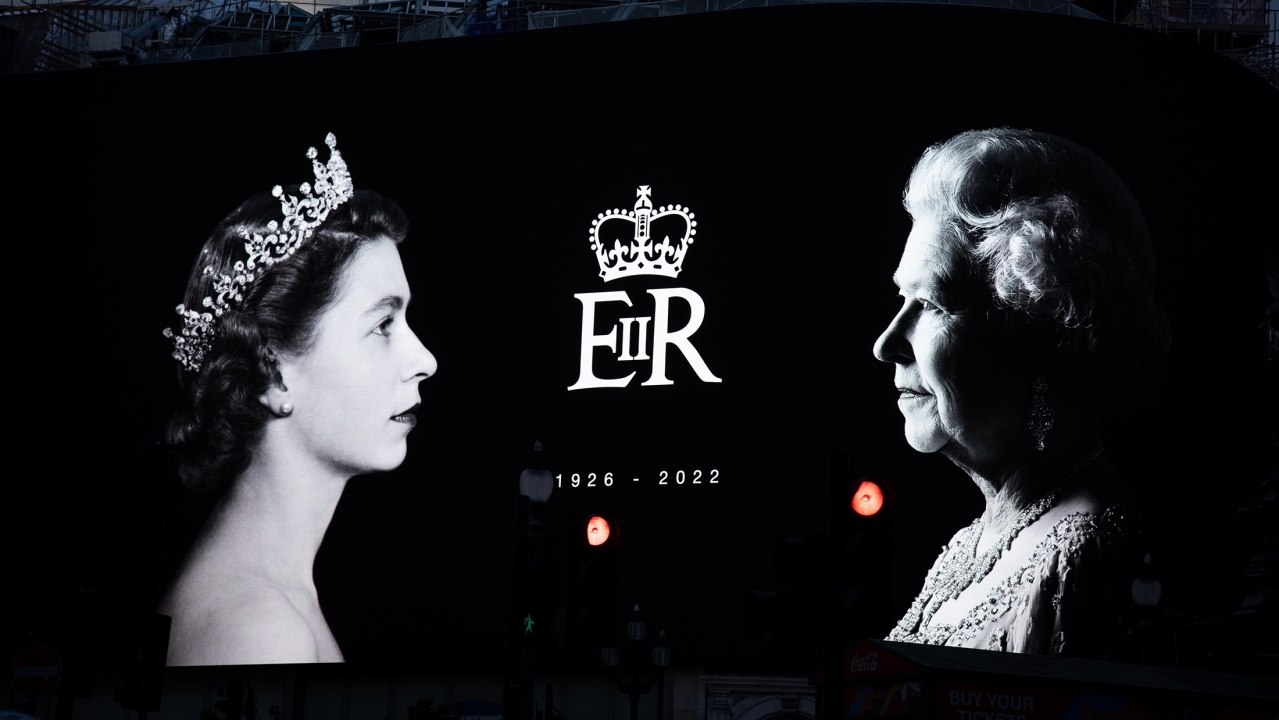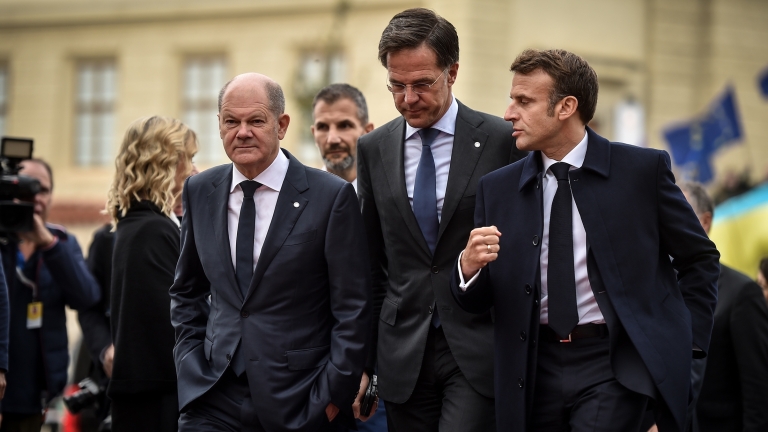While the mourning of Her Majesty from her subjects is predictable, the global interest in the Monarchy, especially from countries with little to no history of monarchical institutions or connection with the British crown, is a rather new phenomenon.
While there are many practical reasons behind this international fascination and admiration of the Queen, such as increased globalization, publicity of the royals, and her long reign. There lies a deeper and more transcendental element behind this fascination. The Queen, and the British Monarchy in general, represent an increasingly rare and scarce element, the principle of duty.
We see this rejection of duties in every facet of our lives. Institutions built on duties such as marriage have been completely remade in the past decades to exclude any notion of duty. Instead of marriage being built a man and woman’s obligation towards each other to remain in union until death, it is now a purely transactional arrangement which can be dissolved at will as soon as it becomes disadvantageous to one party.
Not only has duty been destroyed between husband and wife, but also between parent and child. The number of single-parent households in the West has skyrocketed since the late 20th century. Fathers in particular, have abandoned their duty to raise their child, rejecting responsibility in favor of their own selfish desires.
The most violent and brutal example of this dereliction of parental duty can be seen in the widespread existence of abortion. A mother (and father) has a clear duty to protect and preserve her child, born or unborn, and yet in our modern world, we have upheld it as a sacred right for a mother to terminate her duty to her child in the most violent manner.
Even the recent emergence of gender ideology can be viewed as an aberration of mankind’s duty. In the Judeo-Christian tradition, men and women have certain duties handed down to us by God. The man is expected to be the head of a household and protector of his family. Women on the other hand are instructed with the equally important and valuable duty of assisting her husband and raising children. They were both created with the explicit purpose of having duty towards one another in distinct roles.
Personal conduct is another area where we have seen a total abdication of duty. Previous generations saw every social stratum as having differing levels of standards by which members of each strata had to abide by. The expectation being that the higher the standing in society, the higher the standard one was expected to be held to. In the West’s attempts to equalize society, we have instead only brought such standards to the lowest common denominators. Mainstream fashion has devolved in 100 years to the basest clothing and styles. People no longer feel the duty to dress according to their social position, job, or to honor certain important events such as funerals, weddings, or religious services.
Language is another clear example of this abandonment. Whereas those who held important political, social, and religious roles previously sought to develop a way of speaking which embodied dignity, elegance, and sophistication, our leaders today clearly feel no duty to uphold such standards. Vulgar language, previously reserved for certain limited situations, now dominates societies’ mainstream language.
While these developments are primarily looked at as decline in standards, they should also be seen as the decline of the sense of duty to adhere to such standards.
In almost every aspect of her life, she not only maintained her duty, but upheld it with the highest character and standard. She honored her duty to her husband, remaining married for 74 years until his death. Similarly, she maintained her duty as a woman and mother, having four children with her husband and always carrying herself as a woman of high standard and dignity. Likewise, her language, manner, and demeaner, were beyond reproach and impeccable.
Finally, and most obviously, she honored her duty as Queen of the United Kingdom and understood that her position, like her position of being a mother, wife, and woman, was not a duty she could voluntarily relinquish.
This stood in direct contradiction with the en masse of abdications we have seen in traditionally lifelong roles. The Papacy, Spain, Netherlands, Belgium, Luxembourg, and Japan have all seen their monarchs abandon their role.
In contrast, Queen Elizabeth defiantly remained at her post until death relieved her of her duty. Although Queen Elizabeth possessed many qualities worth admiring, it is difficult to find one more compelling and convicting than this fidelity. It is also this devotion to duty which makes her presence that much more missed.
In a society increasingly starved of those traits both excellent and rare, it is no wonder we are fascinated, intrigued, and humbled by a figure who embodied these traits. When Queen Elizabeth died, the world recognized it lost something noble, good, and worth honoring. As we contemplate a world without the Queen, we should strive to not just remember her commitment to duty but aim to emulate it. In this way we do not only honor her, but we continue to restore a valuable principle to a world in desperate need of it.









